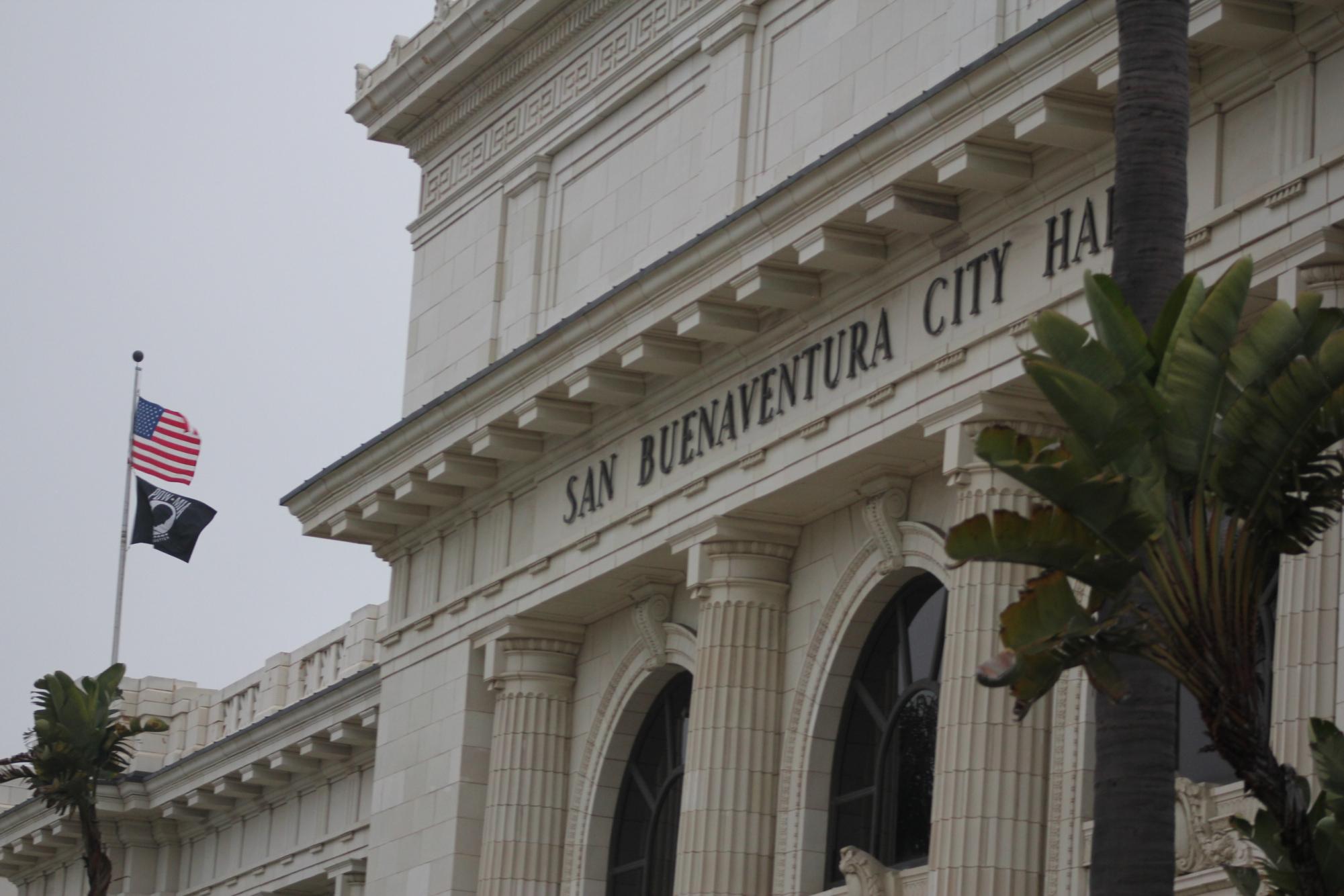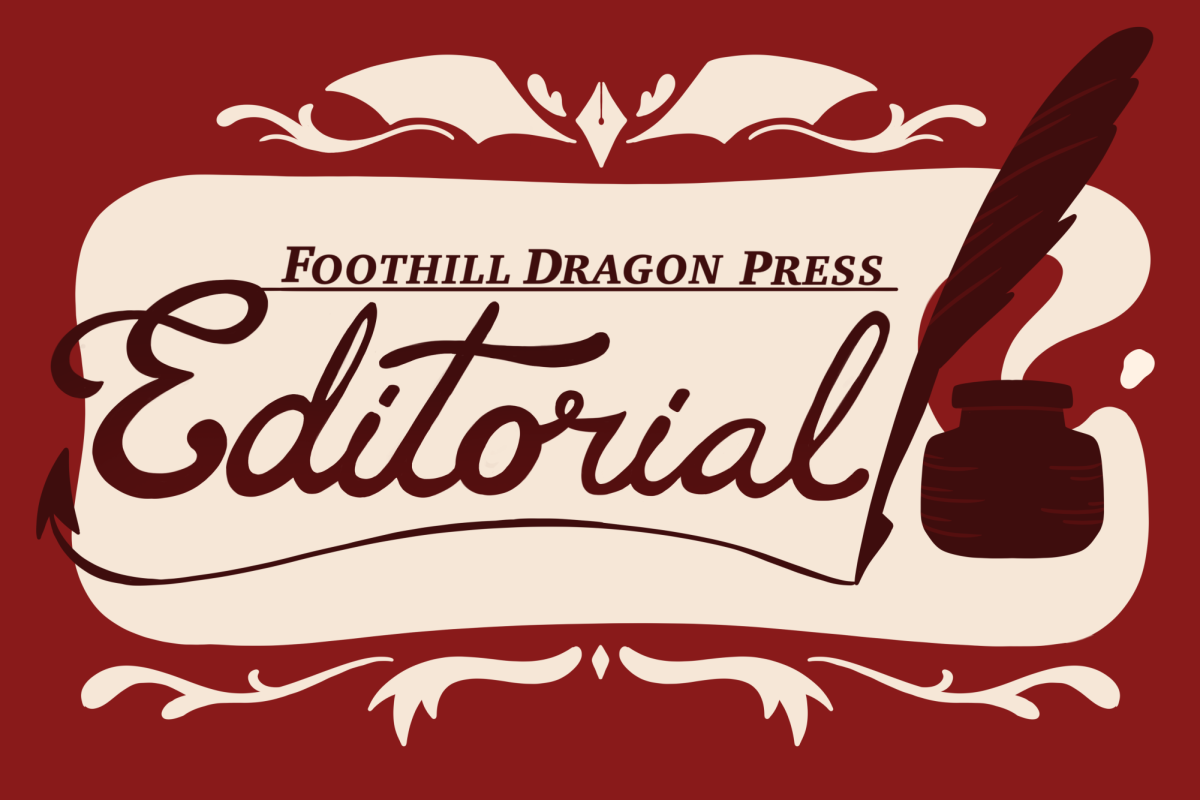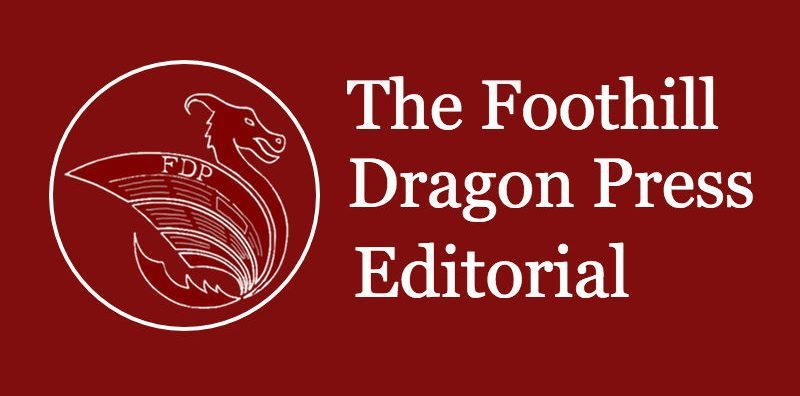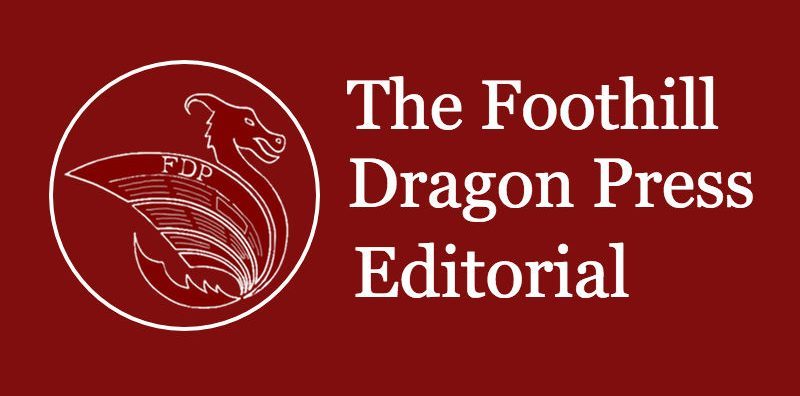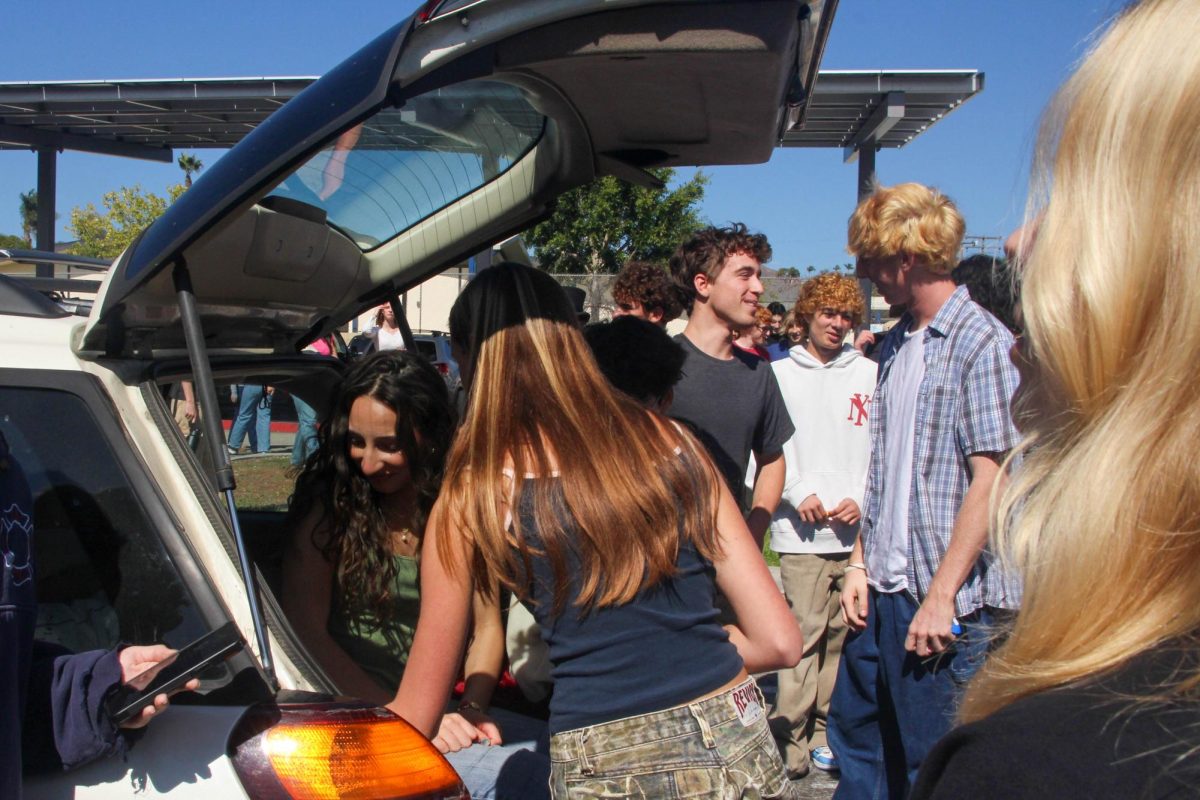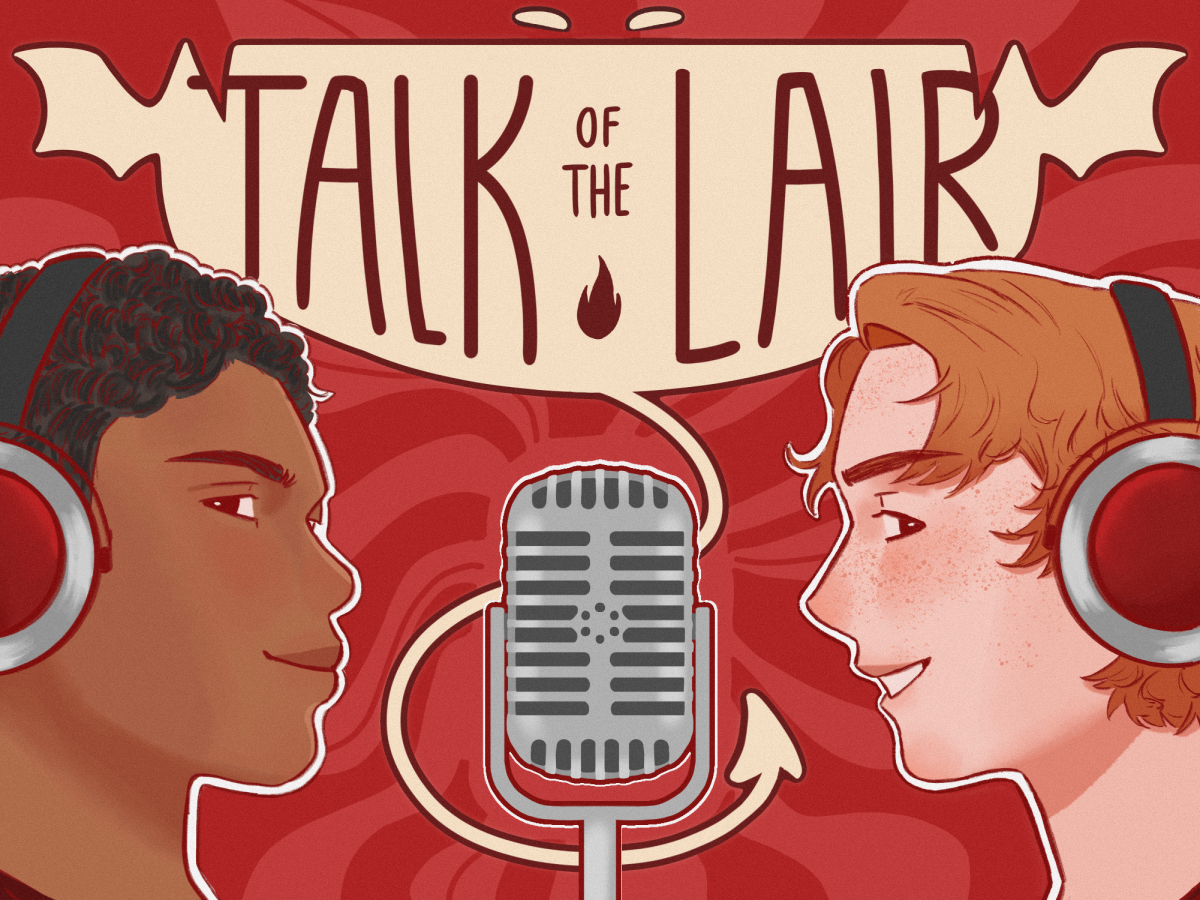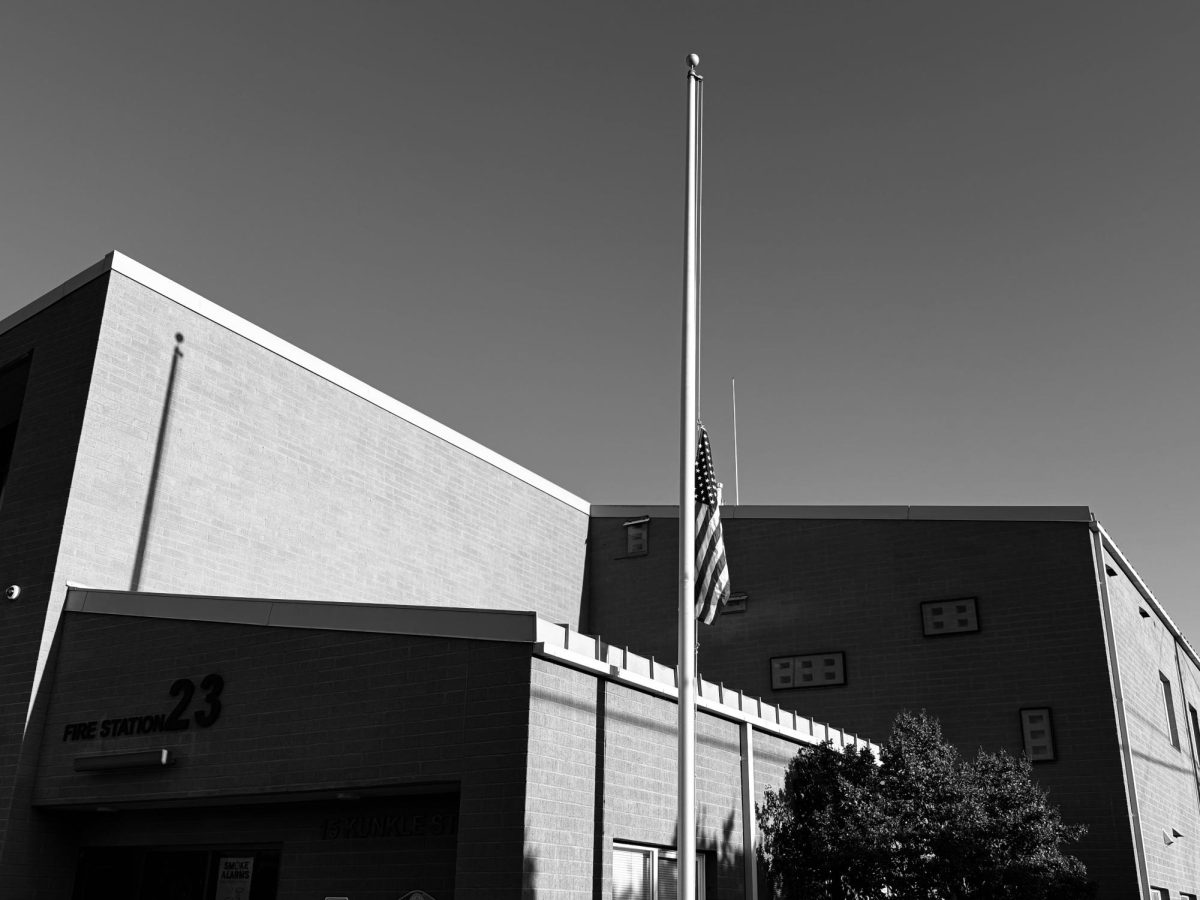As of Oct. 27, 2025, the United States Congress has been swamped in a government deadlock for 26 days, unable to reach an agreement on funding legislation. This failure to compromise has resulted in the second-longest government shutdown in America’s history, beaten only by its 35-day-long predecessor of the previous Trump administration.
Compromise is the key to a functioning democracy, and yet both the Democratic and Republican parties are holding fast to their individual agendas amidst this power struggle for funding allocation. This only serves to further emphasize the growing inability of federal lawmakers to settle on contentious issues and the increasing ideological divide that pervades the nation.
At a press conference on Oct. 14, Mike Johnson, the current Speaker of the U.S. House of Representatives, explained his strategy for negotiations between the two parties to end the shutdown.
“I don’t have any strategy … I’m doing the right thing, the clearly obvious thing, the traditional thing … The strategy is to do the right and obvious thing and keep the government moving for the people,” Johnson said.
Johnson, a Republican, argued that the Democrats must shift their priorities to reach a viable compromise. With 53 seats in the Senate, the Republican Party still needs seven more votes to pass a funding bill with the 60 votes it requires. As long as the stonewalling exists, not even the Republican Party — which holds the majority in the House, Senate and Executive branch — can unilaterally dictate how the U.S. government spends its money in 2026.
And effects of the federal government’s stall are far from contained within lawmakers’ walls; in fact, reverberations of unbending partisan will have been felt far and wide.
According to the Bipartisan Policy Center, 700,000 federal employees have been furloughed across the nation, with the majority continuing to work without pay. Park rangers, TSA agents and food safety inspectors are among those temporarily discharged from their positions, compromising national parks, air travel and essential safety oversight.
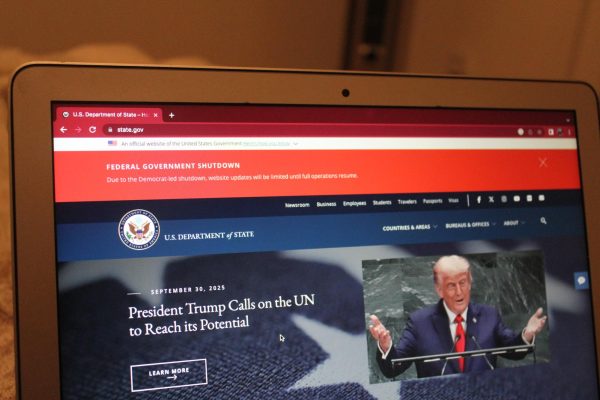
Furthermore, each day that the government remains closed costs roughly $400 million in lost compensation, disproportionately harming working families and small businesses dependent on federal contracts (PBS NewsHour).
Economists also estimate that each additional week of prolonged government stagnation could reduce national GDP growth by 0.1 to 0.2 percentage points, potentially draining billions from the economy. These losses are rarely recovered once government operations resume (TD Economics).
In places like Washington, D.C., where nearly 25 percent of inhabitants hold jobs related to the federal government, the holdup has been particularly acute.
Meanwhile, programs like the Supplemental Nutrition Assistance Program (SNAP), which supports 42 million Americans, including 5.5 million Californians, face funding delays that threaten food and healthcare access for the nation’s most vulnerable populations (San Francisco Chronicle).
Gov. Gavin Newsom of California warned that the shutdown endangers essential services statewide.
“Communities across our state are less safe because of Trump’s government shutdown,” Newsom said in an Oct. 1 press release. “Critical wildfire preparedness and disaster recovery programs are on pause.
Collateral impacts of the shutdown can be found by further narrowing the scope to the municipal level. In city governments, projects and grants have ground to a halt without continued fiscal backing.
“Federal employees living in the Ventura area … are not receiving pay, and many are required to still report to work,” Bill Ayub, the City Manager for Ventura, said in an interview. “We have no support mechanism for federal employees impacted by the federal government’s shutdown.”
One example of federal employees impacted in the local community is Schedule C appointees, who work alongside enlisted service members to help determine policy and to aid in confidential administrative work.
Schedule C appointees can be found at Ventura County’s naval base, Port Hueneme, and are being sent home without pay, stunting the development of their projects. Without the work of Schedule C appointees, daily employees not directly affected are unable to execute their projects, which are funded by the higher-level officials.
“I support the guys I work with, the guys overseas, by sending them supplies they need, and these things I’ve been planning out have stopped abruptly. The things I send them can’t be sent out because we can’t fund those projects,” a Navy underwater construction technician said, who preferred to stay anonymous.
However, some Americans see the shutdown as a necessary, albeit uncomfortable, opportunity for fiscal responsibility. They argue that the short-term pains are a way to demand accountability and curb reckless spending that both parties have ignored for years.
“We’re doing well as a country so the last thing we want to do is shut it down. But a lot of good can come from shutdowns. We get rid of a lot of things that we didn’t want, and they’d be Democrat things … So we have no choice. I have to do that for the country,” Donald Trump, President of the United States, stated to the press on Sept. 30, the day before the deadlock began.
Democrats also see the occasion as an opportunity to make a strong stance on their core policy beliefs, especially after months of being overpowered by the Republican majority in both the House and the Senate. Democrats view giving in as surrendering policy ground on healthcare, immigration and climate initiatives, while Republicans characterize the Democrats’ negotiation stance as the primary driving force of the crisis.
This internal tension — between the immediate need for resolution and the risk of caving in to political pressure — is the defining conflict of the shutdown, one that directly harms the American people, whether through a loss of steady income or even due to delays in federal aid. Both parties continue to point fingers as the shutdown progresses.
“This can’t go on — Republicans need to act to end this shutdown,” Newsom said. In a separate statement, Newsom explained the political threat of yielding too quickly, stating, “You lose leverage, you lose this country.”
“We did not load up the temporary funding bill with any Republican priorities,” Johnson said. “We’re not playing games; [the Democrats are] playing games.”
Their statement reflects the deep mutual distrust found in Washington. Each side is convinced that conceding would mean surrendering the values their voters elected them to protect. The result is gridlock: a government that stalls not from ideology alone, but from pride on both sides.
The failure to pass a sound budget impacts far more than just lawmakers — it affects millions of federal workers and families across the nation. Each day without a resolution towards a common goal brings greater uncertainty for those who keep our government running. The ongoing stalemate in Congress reflects a lack of compromise and responsibility from those in higher power. Regardless of political affiliation, lawmakers must remember that their duty is to the American people, not to party interests. The government cannot function when there is no sign of compromise.
How long do Americans have to suffer in this time of uncertainty? The failure to pass a sound budget impacts far more than lawmakers — it affects millions of federal workers and families. Each day without progress adds uncertainty for those who keep our government running. The ongoing stalemate in Congress reflects a lack of compromise and responsibility from those in power.
“Because of political polarization on a lot of controversial topics that are very one-sided or the other instead of just one, [the government shutdown is] more ammunition to continue disagreement,” the Navy technician stated.
At the end of the day, lawmakers must remember that, regardless of political affiliation, their duty is to the American people. The government cannot function without cooperation. Delays in reaching a budget agreement risk worsening conditions for the three million federal workers who depend on government stability, according to the Pew Research Center. Prolonged inaction erodes public trust, fueling frustration among Americans who rely on steady leadership. Only through cooperation and compromise can lawmakers restore trust and ensure stability for all.






